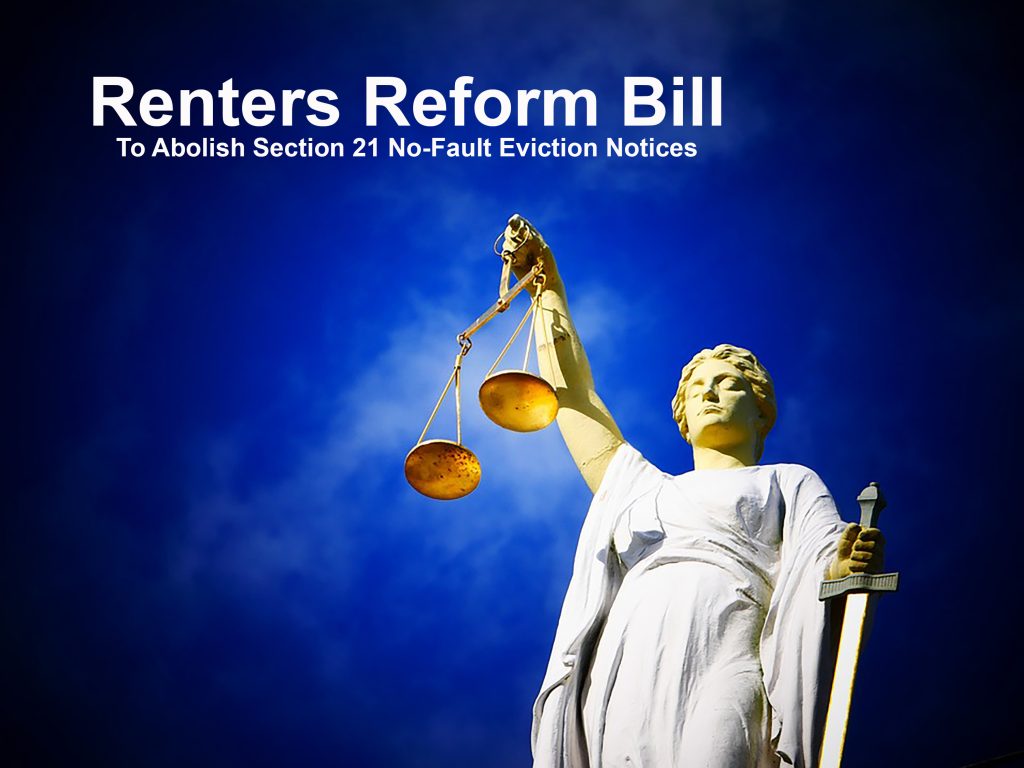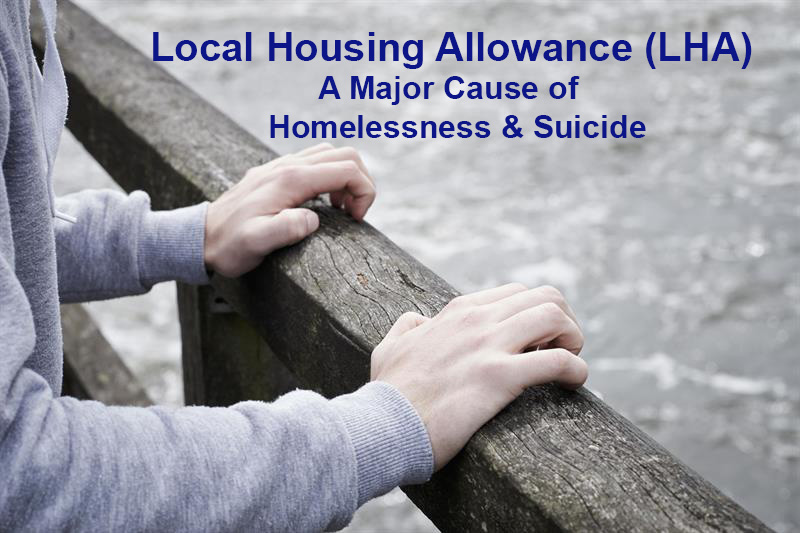
Why Do Landlords Evict Easily
Landlords may evict tenants for a variety of reasons, and the ease with which they can do so depends on the laws and regulations in a particular jurisdiction. Here are some common reasons why landlords may evict tenants and factors that affect the ease of eviction:
- Non-payment of Rent: The most common reason for eviction is non-payment of rent. If a tenant consistently fails to pay rent as per the lease agreement, landlords may initiate eviction proceedings. The ease of eviction for this reason varies by location and may depend on local laws and protections for tenants.
- Violation of Lease Terms: Tenants are typically required to follow the terms and conditions outlined in the lease agreement. Violations of lease terms, such as keeping pets in a no-pet building or conducting illegal activities on the premises, can lead to eviction. The ease of eviction for lease violations also depends on local laws.
- End of Lease Term: In some cases, landlords may choose not to renew a lease at the end of its term, which is not technically an eviction. However, tenants must vacate the property when the lease expires.
- Breach of Rental Agreement: If a tenant breaches the rental agreement in a significant way, such as causing substantial damage to the property or creating a nuisance, the landlord may initiate eviction proceedings. The legal process for this varies by jurisdiction.
- Owner Move-In: In some places, landlords may evict tenants if they intend to move into the property themselves, a family member plans to move in, or they are selling the property. There are typically strict rules governing this type of eviction.
- Renovations or Repairs: Landlords may need to evict tenants temporarily for major renovations or repairs that cannot be conducted while the property is occupied. The ease of this type of eviction depends on local laws and regulations.
- Foreclosure: In some cases, if a property goes through foreclosure, tenants may be evicted as a result. However, tenants have certain rights and protections in this situation under federal law, such as the Protecting Tenants at Foreclosure Act.
- Retaliation: Landlord retaliation to tenant complaints can take various forms, including threats of eviction, rent increases, harassment, or refusal to make necessary repairs. This behavior is not only unfair but also illegal in many jurisdictions in the USA as tenant rights laws typically protect individuals from retaliatory actions by landlords. In the UK it is still a grey area awaiting the Renter’s Reform Bill to be approved.
Complaining To Landlords and the Consequences
Complaining to landlords about issues or problems in your rental property is a necessary and important part of maintaining a healthy living environment. However, it’s important to be aware that there can be certain risks associated with making complaints. Here are some potential risks to consider:
- Retaliation: While it is illegal in many places for landlords to retaliate against tenants for making legitimate complaints or exercising their rights, it can still happen. Retaliation may include eviction, rent increases, harassment, or refusal to renew a lease. If you suspect retaliation, it’s essential to know your rights and document all interactions with your landlord.
- Strained Relationship: Repeated or frequent complaints can strain the relationship between you and your landlord. While it’s essential to address issues in your rental unit, doing so in a respectful and constructive manner can help maintain a positive relationship.
- Non-Renewal of Lease: Depending on your lease terms and local regulations, your landlord may choose not to renew your lease if you’ve been a consistent complainer. Some landlords may prefer tenants who do not raise many issues, even if those issues are legitimate.
- Lease Violations: Complaining about certain issues could inadvertently draw attention to lease violations on your part. For example, if you report a maintenance issue, it might become apparent that you have unauthorized pets or occupants, which could result in lease violations.
- Delayed Repairs: In some cases, landlords may drag their feet when it comes to addressing complaints, especially if they view the complaints as minor or non-urgent. This can lead to prolonged issues in your rental unit.
- Reputation: In tight rental markets, landlords and property management companies may share information about tenants who have a history of frequent complaints. This could potentially make it more challenging to secure future rental housing.
- Legal Action: If your complaints escalate, it may lead to legal disputes, which can be time-consuming and costly for both parties. It’s generally best to try to resolve issues through communication and negotiation before pursuing legal action.
To mitigate these risks while still addressing problems in your rental unit, consider the following tips:
- Document Everything: Keep a record of all communications with your landlord, including emails, texts, and letters, regarding your complaints. This documentation can serve as evidence if issues escalate.
- Know Your Rights: Familiarize yourself with local tenant rights and landlord-tenant laws. Knowing what protections you have can empower you during the complaint process.
- Communicate Clearly: Express your concerns and complaints in a clear, respectful, and non-confrontational manner. Be specific about the issues you want to address and offer potential solutions if possible.
- Seek Mediation: If communication with your landlord breaks down, consider involving a third party, such as a mediator or a tenant’s rights organization, to help resolve the issue.
- Keep Records of Repairs: If repairs are needed, document the process. Take photos before and after repairs, and keep receipts if you pay for any temporary accommodations due to unlivable conditions.
While there are risks associated with complaining to landlords, tenants have rights and should not hesitate to address legitimate concerns. Understanding the potential risks and knowing how to navigate them can help you advocate for better living conditions while minimizing negative consequences.
Moreover, if the tenant does not have a Plan B and is living pay cheque to pay cheque, and has no savings or support they run the risk of being evicted thus making themselves homeless. Therefore a renter’s reform bill should protect this from happening.
Landlords That Cause Emotional Distress
Dealing with landlords who cause emotional distress can be a challenging and distressing experience for tenants. Emotional distress can result from various behaviors and actions by landlords, and it can take a toll on tenants’ mental well-being. Here are some common situations where landlords may cause emotional distress and ways to address them:
- Harassment and Intimidation: Some landlords engage in harassing or intimidating behavior, such as frequent unannounced visits, verbal abuse, or threats. This behavior can create a hostile living environment. What to Do: Document incidents of harassment, including dates, times, and descriptions of what occurred. If you feel unsafe, contact the police if necessary. Inform your landlord in writing that such behavior is unacceptable and request that it cease immediately.
- Neglecting Maintenance and Repairs: Landlords who neglect necessary repairs and maintenance can cause emotional distress as tenants may have to live in substandard conditions, dealing with issues like leaks, mold, or faulty heating. What to Do: Communicate repair requests to your landlord in writing and keep copies of all correspondence. If repairs are not made, research your local tenant rights and consider involving a housing authority, tenant’s association, or legal counsel.
- Invasion of Privacy: Landlords who repeatedly enter your rental unit without proper notice or a legitimate reason can cause feelings of intrusion and distress. What to Do: Know your rights regarding notice for landlord entry, typically 24-48 hours. If your landlord continues to violate your privacy, document the incidents and consult local tenant organizations or legal assistance.
- Unfair Eviction or Threats of Eviction: Some landlords may threaten tenants with eviction without proper legal grounds, causing significant emotional distress and uncertainty. What to Do: Be aware of your rights as a tenant and the eviction process in your jurisdiction. If you believe the eviction is unjust, consult with a lawyer or tenant advocacy organization to protect your rights.
- Discrimination: Landlords who discriminate against tenants based on factors such as race, religion, gender, or disability can inflict severe emotional distress. What to Do: Familiarize yourself with anti-discrimination laws and regulations in your area. If you believe you are being discriminated against, document the incidents and seek legal advice or assistance from relevant agencies.
- Unreasonable Rent Increases: Sudden, excessive rent increases can cause emotional distress, especially if tenants struggle to afford the new rates. What to Do: Check local rent control ordinances and tenant protection laws to understand rent increase limitations. If your landlord raises the rent unfairly, negotiate or seek legal advice.
- Failure to Return Security Deposit: When landlords refuse to return a security deposit without valid reasons or deductions, it can be financially and emotionally distressing. What to Do: Keep records of the property’s condition at move-in and take photos if possible. Communicate with your landlord regarding the return of your security deposit, and if it’s withheld unjustly, consult local tenant laws.
In any situation where a landlord causes emotional distress, it’s essential to maintain clear, written communication, keep records of incidents, and know your tenant’s rights. Seeking assistance from local tenant advocacy groups or legal counsel can be valuable in resolving issues and ensuring your emotional well-being while living in rental housing.
Conclusion
It’s important to note that the ease of eviction varies widely depending on the jurisdiction and the specific circumstances. Many places have laws and regulations in place to protect tenants’ rights and require landlords to follow a legal process for eviction. This process typically involves providing proper notice, filing eviction lawsuits (if necessary), and obtaining a court order before physically removing a tenant.
Tenants also have the right to challenge an eviction in court and get compensation for emotional distress and mental health deterioration, if they believe it is unjust or not in compliance with local laws. Legal procedures and tenant protections aim to strike a balance between landlords’ property rights and tenants’ housing rights.
Furthermore, Landlords should educate themselves on Rent Caps as cited on the Government Website: https://www.gov.uk/government/publications/rent-standard/limit-on-annual-rent-increases-2023-24-from-april-2023
Further Reading
https://cymrumarketing.com/landlords-and-tenants-useful-links/
https://disabledentrepreneur.uk/emotional-distress-compensation/
ADVERTISEMENT
If you found this article insightful and wish us to write similar quality content for your sites just drop us a line. Prices start from £20 for 300 words, we also perform SEO and post on social media to spread awareness at no extra cost, whilst networking to drive traffic and leads. We also offer banner advertising as in the example below.


#landlords #tenants #landlordsandtenants #rentersreformbill #eviction #mentalhealth #emotionaldistress #section21notice #yourrights














